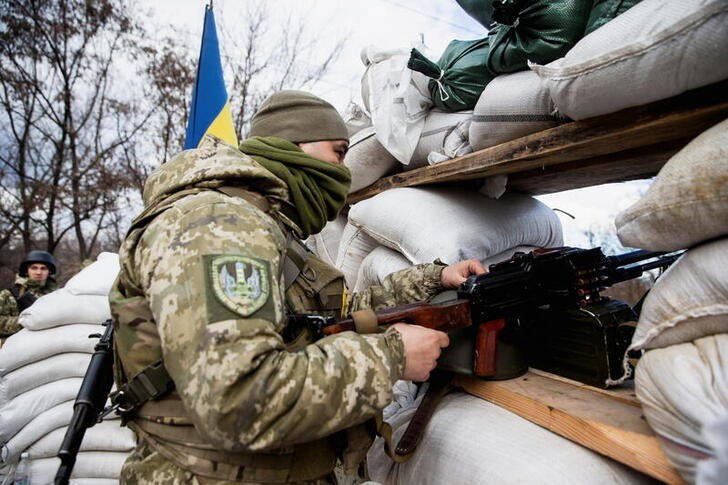Gas prices in EU have collapsed to 6-month low
2022.12.23 11:13
[ad_1]

Gas prices in EU have collapsed to 6-month low
Budrigannews.com – Front-month futures for European natural gas fell to their lowest levels since June on Friday as a result of warmer weather across Europe, which has provided countries with a rare opportunity to replenish reserves.
The Dutch January contract, which serves as a benchmark for northwest Europe, was down 7.4% by 07:30 ET (12:30 GMT) at €85.10 a megawatt-hour, having previously fallen as low as €82.86 a megawatt-hour.
Market participants have become significantly more relaxed about the supply/demand outlook for the remainder of the winter, which has resulted in the most recent in a series of dramatic falls over the past two weeks. In just over two weeks, the January contract has decreased by more than 40% from just under €150/MWh.
The greatest component in that swing has been the climate: At the beginning of December, a cold snap had raised concerns that the continent would use up its reserves more quickly, putting it in danger of running out of gas by the end of the winter. However, temperatures that were unseasonably high have returned this week and are expected to persist throughout much of the continent until the end of the year.
That made it possible for Germany, the continent’s largest consumer, to actually inject more gas into storage on Wednesday than it took out. The country’s storage facilities were 87.3% full on Wednesday, well above the 75.4% level that would be considered concerning at this point in the winter, according to data from the national grid regulator, Bundesnetzagentur.
More Emergency at oil refinery in Martinas
However, the data provided by the Bundesnetzagentur also demonstrate that this circumstance has only been made possible by the weather, not by more disciplined consumption.
According to the BNA’s data, gas consumption has increased significantly since the government approved a massive subsidy package last month that will limit prices for most household and industrial needs. This has resulted in consumption levels that are now unsustainable when adjusted for temperature.








